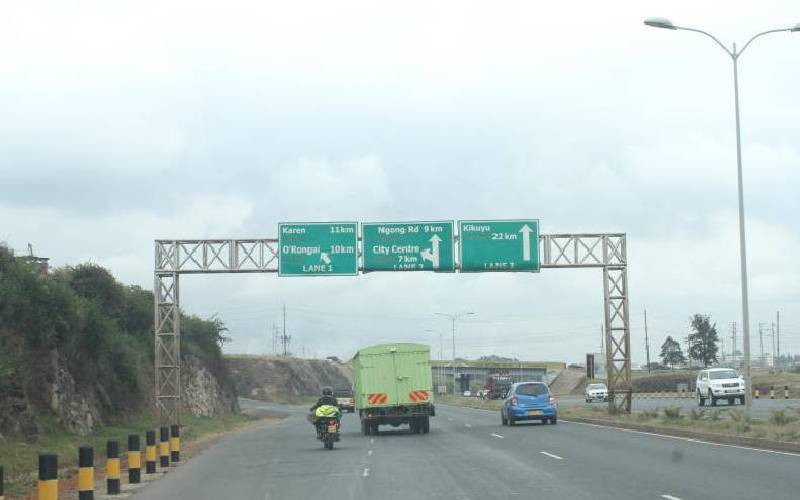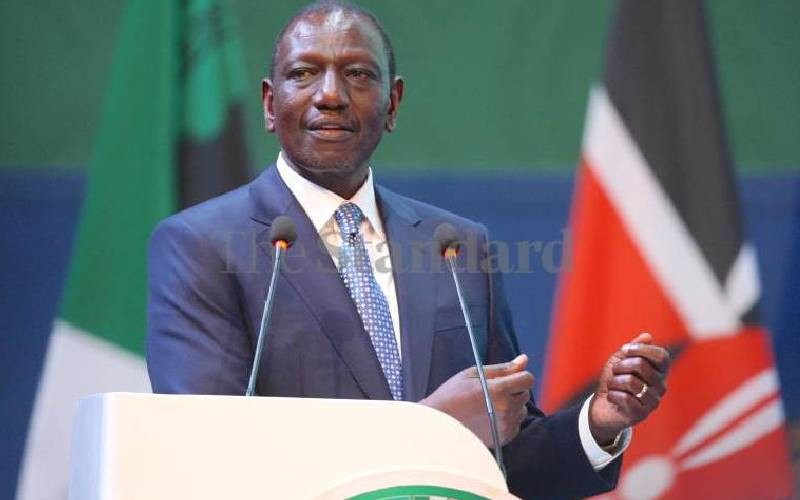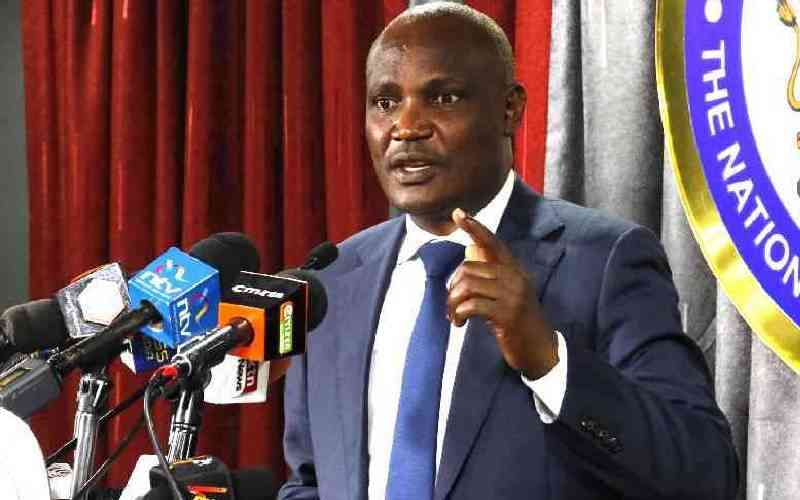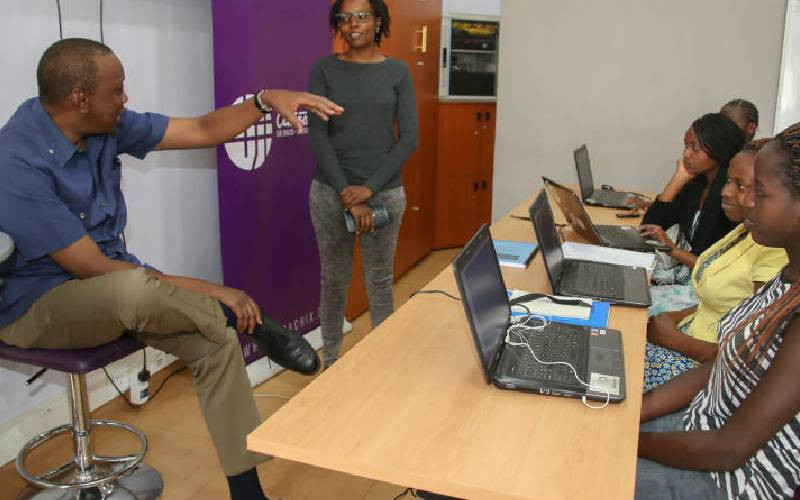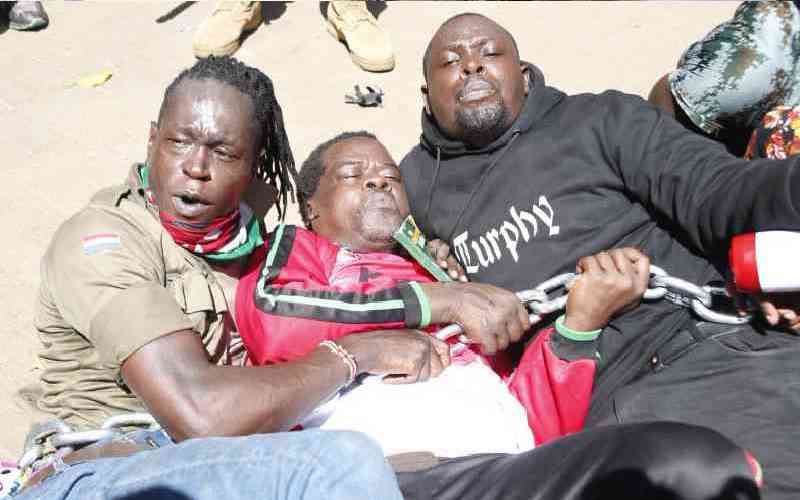
Avery happy and prosperous new year to my readers, and much gratitude and appreciation for reading my articles.
This is a year of hope and faith in resilience and stoicism, and gratitude to God because, in spite of the challenges of 2024, we are given another opportunity.
Today, I wish to dedicate this article to celebrate and appreciate the efforts of Senator Okiya Omtatah. According to available information, Senator Omtatah has filed hundreds of cases since the promulgation of our Constitution in 2010, with many of them being high-profile constitutional petitions.
The majority of these petitions challenge the various government’s policies and actions, often on their unconstitutionality. This high-level activism and patriotism is also a constitutional duty of everyone to defend the Constitution, human rights, and the rule of law, that he has perfected through the judiciary.
There is no other Kenyan who has single-handedly filed as many public interest cases as Senator Omtatah. Article 3 of the Constitution obligates every person to respect, uphold and defend the supreme law. Interestingly, Senator Omtatah’s brand of activism is humble, selfless and far from self-aggrandisement. He is persistent, consistent, committed and determined and always has a rosary around him, a sign of God’s protection. He speaks simply and truthfully and never exaggerates his circumstances or situation.
An example of the type of a person he is comes from an experience he had 12 years ago, towards end of November 2012, when two men in dark suits caught up with him as he walked in central Nairobi and beat him so badly he lost six teeth, making him believe that they were going to kill him. He was then the Executive Director of Kenyans for Justice and Development Trust. In September 2012, Omtatah had filed a lawsuit to demand accountability in the procurement of biometric voter registration kits for March 2013 General Election.
Yet, although clearly, the reason for his beating was to stop him from pursuing his lawsuits against corruption and theft of public resources, Senator Omtatah said he could not definitely link his attack to the lawsuit, but he had already received anonymous telephone calls urging him to drop the case, in which he was seeking a forensic audit of the procurement process. He said one of his attackers had asked him in Kiswahili if he would withdraw the case. “That may be circumstantial,” said Omtatah, who had numerous cases pending against the government ranging from MPs’ pay to the post-election violence to corruption allegations. “It is not foolproof.” That is all he said about people who had thoroughly beaten him and literally left him for the dead.
In the recent experience, Senator Omtatah led others in protesting against the rampant abductions and forced disappearances that have reached crisis levels since June 2024, on December 30, 2024. He was arrested with 22 others, detained and when they were arraigned, Milimani Court Principal Magistrate Rose Ndomi released them on a Sh1,000 cash bail, ruling that the nature of the offenses they faced did not warrant detention.
I celebrate the Principal Magistrate for re-affirming the supremacy of the Constitution. Although the security officers continue to deny involvement, there are many signs that they are implicitly involved and clearly culpable because it is their primary duty and responsibility to protect every person. Furthermore, the Constitution provides for four absolute rights which cannot be limited by any law, or under any circumstance, even in a state of emergency. These include freedom from torture and cruel, inhuman or degrading treatment or punishment; freedom from slavery or servitude; the right to a fair trial; and the right to an order of habeas corpus.
The fourth right is connected with protection from abductions and forced disappearances, which Senator Omtatah and the others were protesting against. There is no law, government or circumstance that allows for abductions and forced disappearances, no matter the crimes allegedly committed by the victims. They have a right to an order of habeas corpus (to be produced in a court of law) and they also have a right to a fair trial and protection from torture and cruel, inhuman or degrading treatment or punishment.
 The Standard Group Plc is a multi-media organization with investments in media
platforms spanning newspaper print operations, television, radio broadcasting,
digital and online services. The Standard Group is recognized as a leading
multi-media house in Kenya with a key influence in matters of national and
international interest.
The Standard Group Plc is a multi-media organization with investments in media
platforms spanning newspaper print operations, television, radio broadcasting,
digital and online services. The Standard Group is recognized as a leading
multi-media house in Kenya with a key influence in matters of national and
international interest.
 The Standard Group Plc is a multi-media organization with investments in media
platforms spanning newspaper print operations, television, radio broadcasting,
digital and online services. The Standard Group is recognized as a leading
multi-media house in Kenya with a key influence in matters of national and
international interest.
The Standard Group Plc is a multi-media organization with investments in media
platforms spanning newspaper print operations, television, radio broadcasting,
digital and online services. The Standard Group is recognized as a leading
multi-media house in Kenya with a key influence in matters of national and
international interest.


